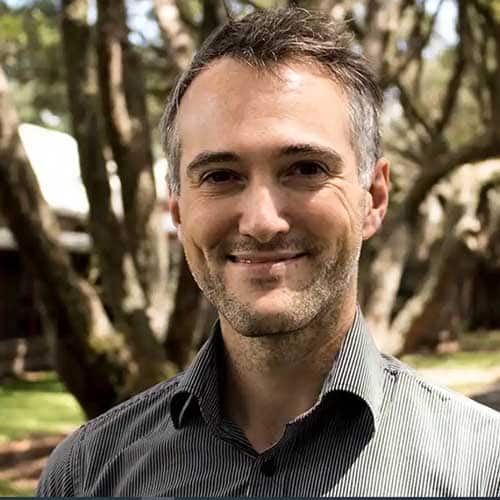About

Physical games offer an incredible opportunity for people to explore & learn concepts. This can be applied in STEM education! We chat with Richard Durham, a passionate advocate for game design and the Curriculum Development Manager for the Faculty of Creative Arts and Industries at the University of Auckland. This is part 1 of 2 discussions on applying game design to learning environments.
More about Richard Durham
Richard provides strategic guidance and decision-making in relation to curriculum development and learning design for the Faculty of Creative Arts and Industries at the University of Auckland. His background is in education, degrees in science education, curriculum design and instruction, and a decade of classroom teaching. He also designs serious games and consults for social good organisations, museums, events, and schools, leveraging his passion and experience for play, games, and learning design.
- Email: rich@wondertree.nz
- Education email: r.durham@auckland.ac.nz
Hohi 1816
Recent project: an educational board game about Aotearoa’s first school, In collaboration with Ruth Lemon of Te Puna Wānanga in the Faculty of Education and Social Work at UoA.
Megagames? What is that?
A 2015 docu-style playthrough of “Watch the Skies” (Language warning!)
Examples of science teaching games
- Gutcheck: the Microbe game
- Genius Games’ collection
- Paved Paradise: a climate change tiny house game
The journal article is readable and covers the basics of games-based learning vocabulary.
A game design curriculum:
Stone Librande, who has a great curriculum for teaching game design to beginning game designers
- Stone’s Game Design Curriculum written for Riot Games, (CC-license) for teachers (with links to US standards):
- Stone’s GDC video on Designing games for Game designers
With interviews with leading science educators and STEM thought leaders, this science education podcast is about highlighting different ways of teaching kids within and beyond the classroom. It’s not just about educational practice & pedagogy, it’s about inspiring new ideas & challenging conventions of how students can learn about their world!































Comments